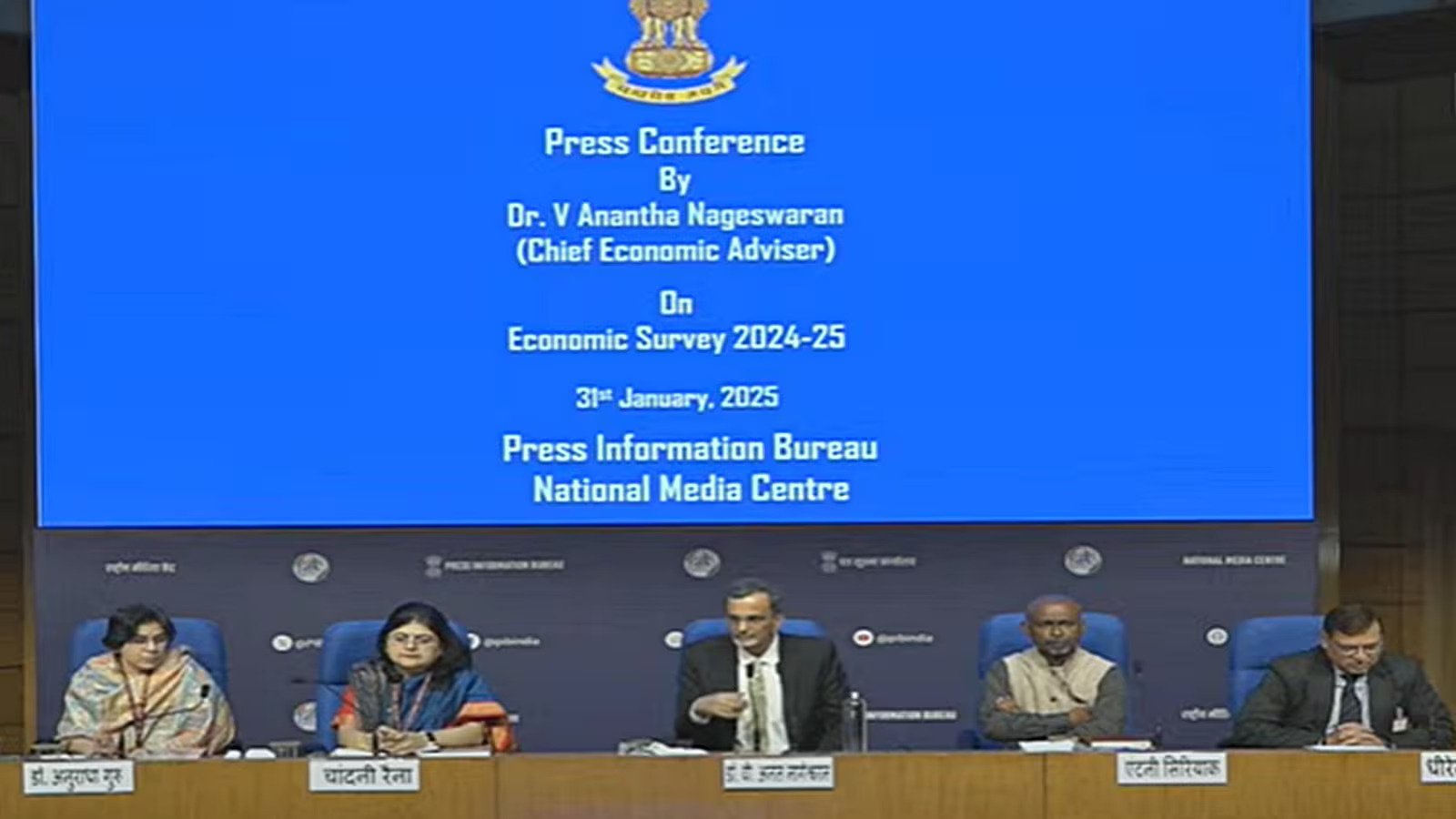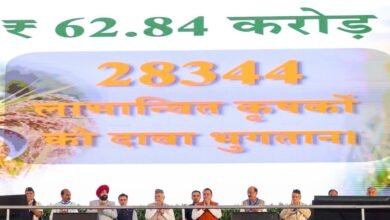New Delhi, January 31: The Economic Survey 2024-25 outlines a comprehensive strategy to boost India’s economic growth by focusing on deregulation, technological innovation, and energy security. Amidst global economic slowdowns, trade barriers, and shifting financial landscapes, India is making strategic changes to strengthen its domestic growth engines.
Deregulation and Ease of Doing Business
The government is pushing for policy reforms to reduce regulatory hurdles and encourage investment. The Economic Survey highlights that simplifying bureaucratic processes will lower business costs and help industries expand with greater ease.
By creating a transparent and business-friendly environment, the government aims to attract foreign investments, promote local entrepreneurship, and enhance industrial competitiveness. The plan is to streamline policies that will make India one of the most attractive destinations for global and domestic businesses.
Strengthening Manufacturing and Supply Chains
With China’s economic slowdown and disruptions in global trade, India sees an opportunity to boost its domestic manufacturing sector. The government is prioritizing self-reliance in industries such as solar energy, electric vehicles (EVs), and semiconductor production.
One of the key challenges highlighted in the Survey is India’s dependence on Chinese imports for EV components. To address this, the government is shifting focus from direct subsidies for private EV ownership to enhancing public transportation systems, which are more sustainable and cost-effective.
AI, Skill Development, and Workforce Transformation
Technological advancement is a core pillar of India’s economic strategy. The government plans to invest in Artificial Intelligence (AI), research centers, and digital infrastructure to position India as a global leader in technology.
However, the Survey also warns about the potential risks of over-reliance on AI, particularly in terms of job displacement and increased resource consumption. To mitigate these risks, the government is emphasizing skill development programs that will equip the workforce with future-ready capabilities, including digital literacy, automation, and AI integration in traditional industries.
Energy Security and Climate Transition
Energy security is another critical area of focus. The Economic Survey stresses the need for a balanced approach to climate policies and economic growth. The government aims to reduce dependence on imported fossil fuels while transitioning towards renewable energy sources.
Additionally, securing critical minerals required for clean energy technologies is a priority. The government is formulating strategies to develop domestic resources and ensure affordable energy access for industries and consumers.
Women’s Workforce Participation and Agricultural Reforms
The Survey highlights the need for higher women’s participation in the workforce and suggests policy measures to increase female employment opportunities.
Additionally, agricultural reforms are a major focus area, with an emphasis on modern techniques, irrigation expansion, and technological integration to enhance productivity and farmer incomes.
India’s Path to Economic Strength
With these strategic economic reforms, India is preparing to become a self-reliant and globally competitive economy. By reducing regulatory hurdles, promoting technological growth, and ensuring energy security, the country is on track for sustainable and long-term economic growth.




